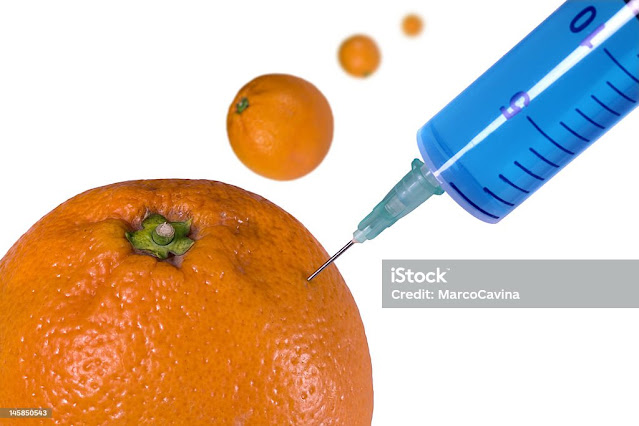Food adulteration refers to the practice of intentionally mixing impurities or low-quality substances with food products to increase quantity or reduce production costs, ultimately compromising the quality and safety of the food. This unethical and illegal practice poses significant health risks to consumers and undermines trust in the food industry.
Common forms of food adulteration include dilution with water or cheaper ingredients, adding artificial colors or flavors to mask defects, using expired or substandard ingredients, and even contamination with harmful substances like chemicals or pathogens. For example, milk might be diluted with water, spices could be adulterated with foreign matter, or cooking oils might be mixed with cheaper, less healthy oils.
Food adulteration not only deceives consumers by misrepresenting the quality and nutritional value of products but can also lead to serious health consequences. Consumption of adulterated food can result in foodborne illnesses, allergies, or long-term health issues. It particularly affects vulnerable populations such as children, the elderly, and those with compromised immune systems.
To combat food adulteration, governments and regulatory authorities worldwide have established stringent food safety standards and testing procedures. Consumers can also play a role by purchasing food products from reputable sources, checking labels for authenticity, and reporting any suspicious products to authorities. The fight against food adulteration requires a collective effort to ensure that the food we consume is safe, wholesome, and of high quality.





.webp)

.png)
1 Comments
Helpful This Article and i will appreciated in this paragraph
ReplyDelete